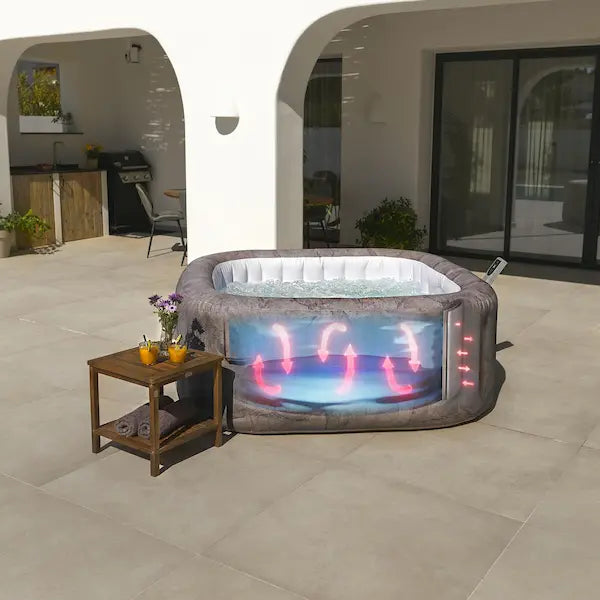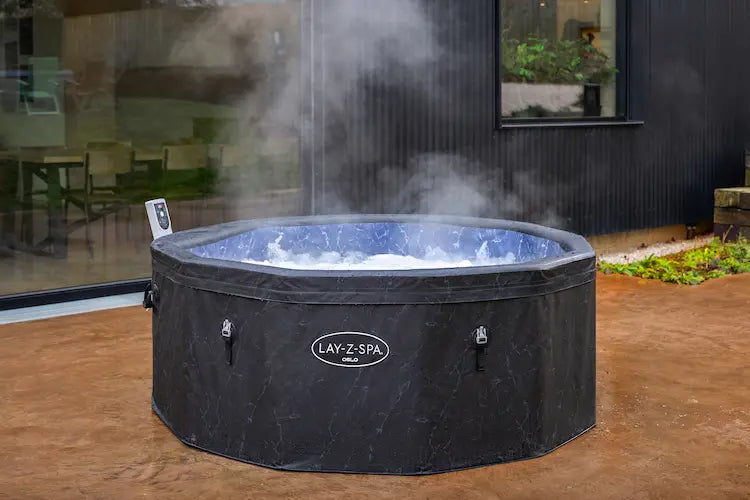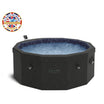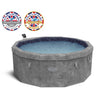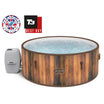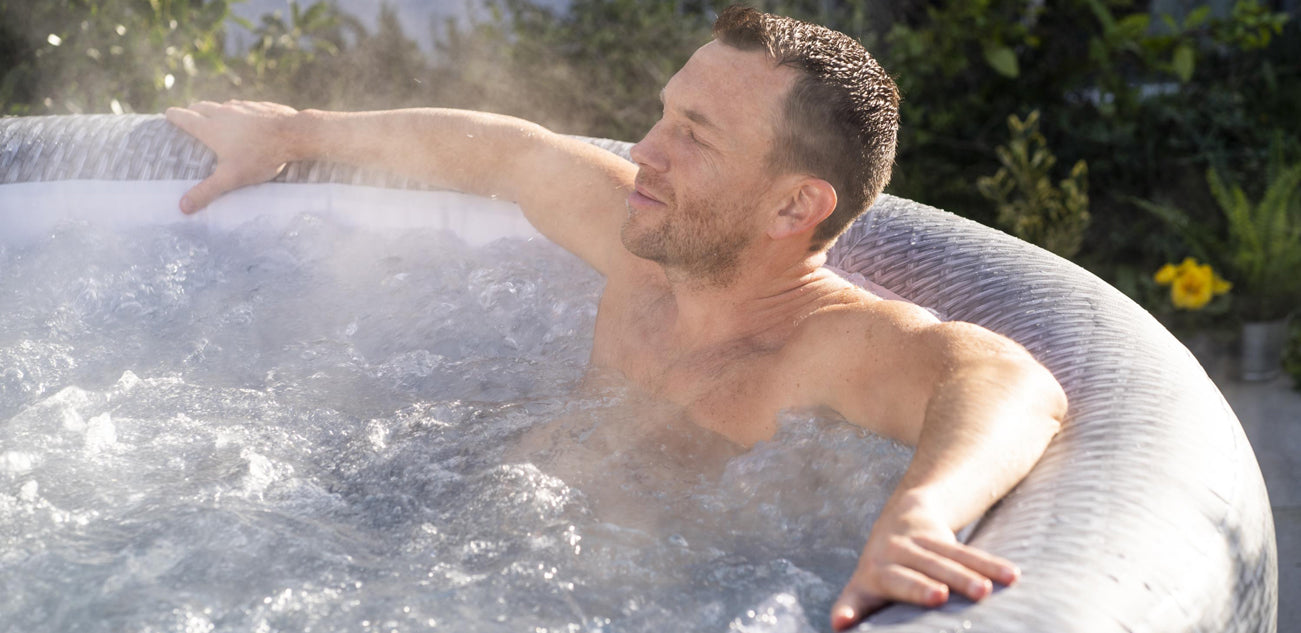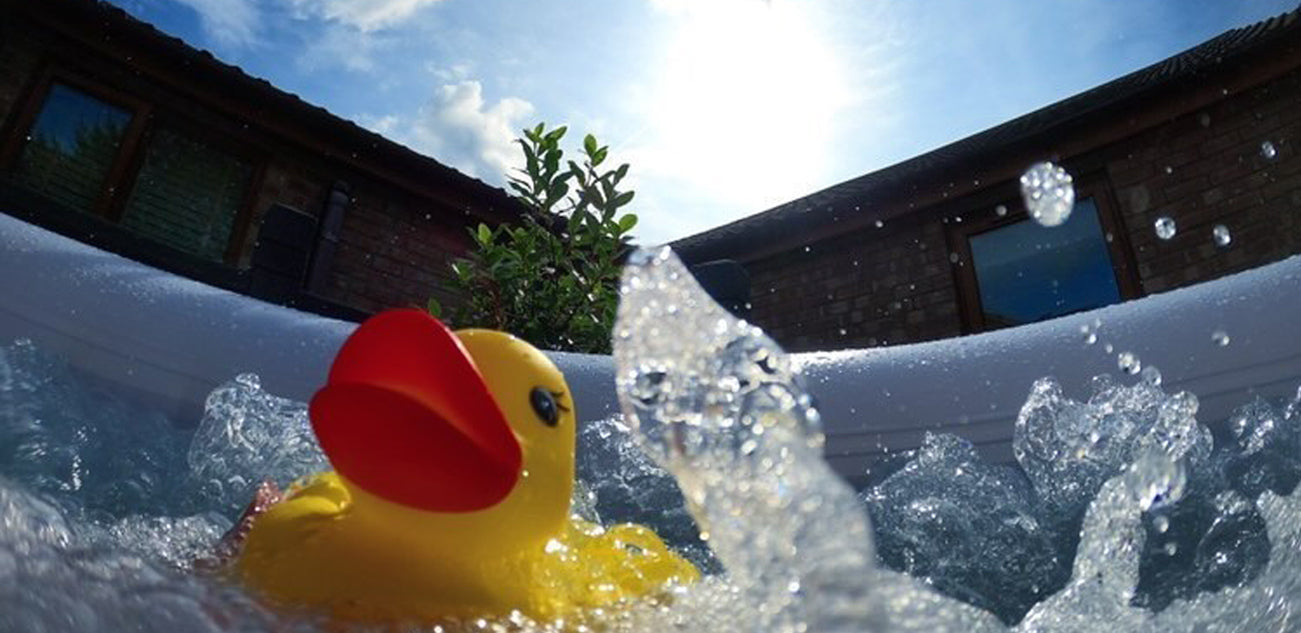Hot tubs and ice baths are two contrasting hydrotherapy treatments with different benefits and applications. While hot tubs are known for their relaxing and therapeutic benefits, ice baths are used primarily for their quick pain-relieving and short-term recovery properties.
Benefits of a Hot Tub Vs Ice Bath
Hot tubs are generally considered better than ice baths for relaxation, stress relief, and hydrotherapy. Soaking in a hot tub can relieve stress, promote better sleep, ease muscle tension, and improve circulation. Hot tubs can also be used for hydrotherapy to alleviate joint pain, arthritis, and other chronic conditions.
On the other hand, ice baths are primarily used for their quick pain-relieving and recovery benefits. Athletes and fitness enthusiasts typically use ice baths to reduce inflammation, soreness, and muscle damage after intense workouts or competitions as cold water constricts blood vessels and temporarily numbs the pain.

Which is better: Hot Tub or Ice Bath?
Hot tubs and ice baths offer different benefits and applications, and their effectiveness depends on the purpose and duration of the treatment.
Hot tubs are best for relaxation, stress relief, hydrotherapy, accessibility and safety, while ice baths are ideal for pain relief, and inflammation reduction after intense exercise.
Before using either as treatment, it's essential to consult with a healthcare professional, especially if you have any underlying medical conditions.


